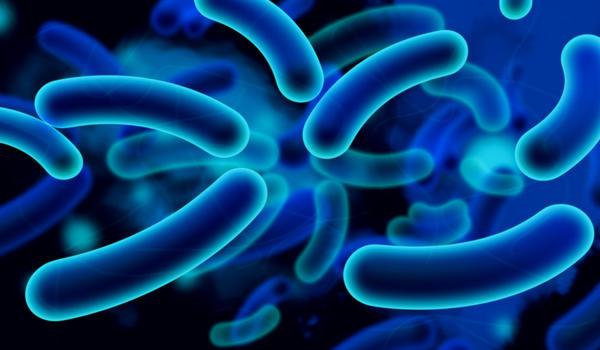 Bacterial diseases include any type of illness caused by bacteria.
Bacterial diseases include any type of illness caused by bacteria.
Bacterial diseases include any type of illness caused by bacteria. Bacteria are a type of microorganism, which are tiny forms of life that can only be seen with a microscope. Other types of microorganisms include viruses, some fungi and some parasites.
Pulmonary tuberculosis (TB) is a contagious bacterial infection that involves the lungs, but may spread to other organs. TB is caused by the bacteria Mycobacterium tuberculosis. Cholera is caused by Vibrio cholerae bacterium. It affects gastro – intestinal tract, which comprises organs like stomach and intestines. It spreads through contaminated water and food. Typhoid fever is a bacterial disease, transmitted by the ingestion of food or water contaminated with the feces of an infected person, which contain the bacterium Salmonella typhi. Diarrheal diseases form a group of intestinal infections, including food poisoning caused by certain types of bacteria (E.coli, Shigella), protozoa and viruses. Gastroenteritis is a disease that includes a number of infections in which an acute diarrhoea is accompanied with vomiting.